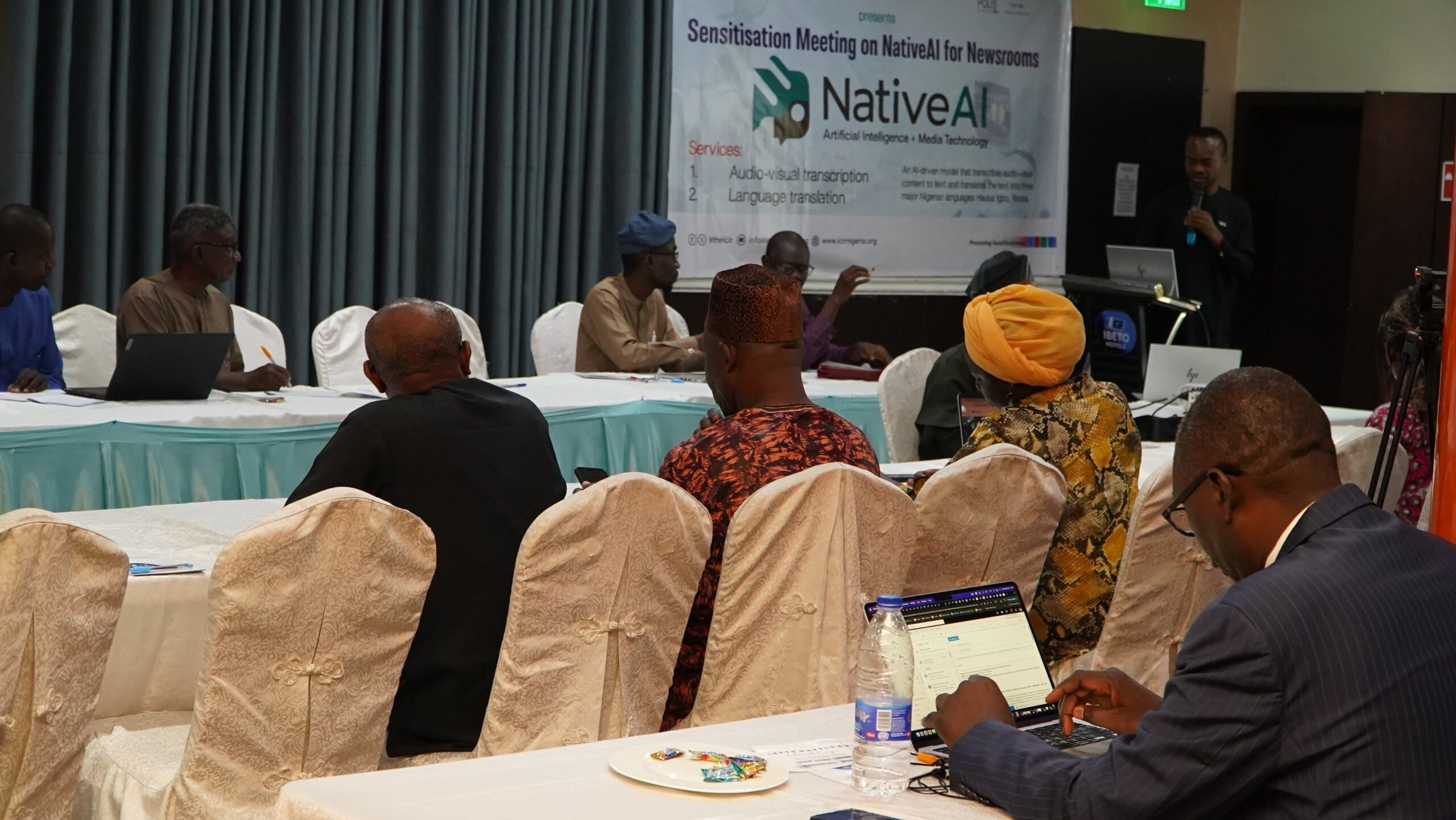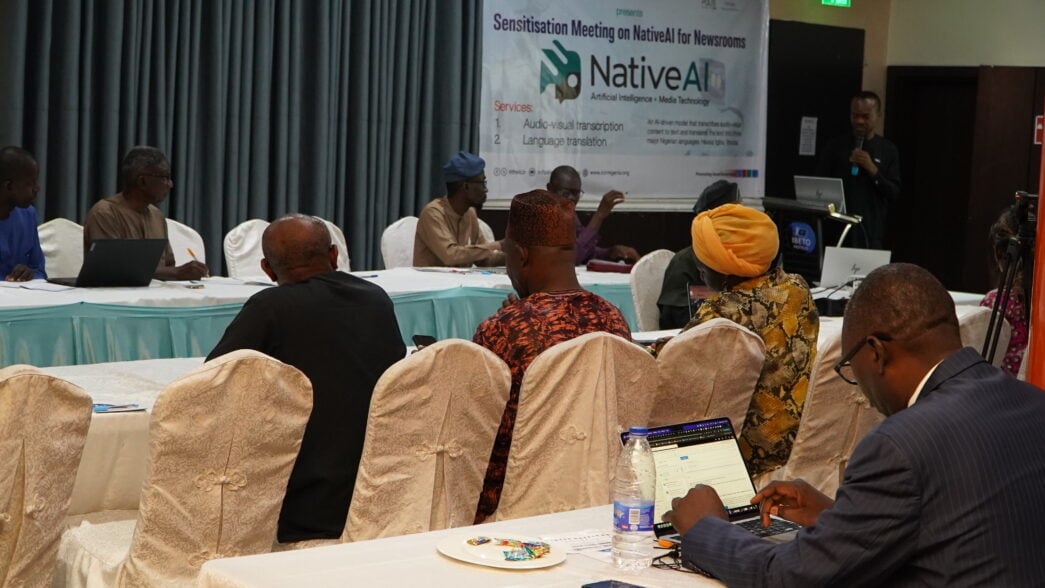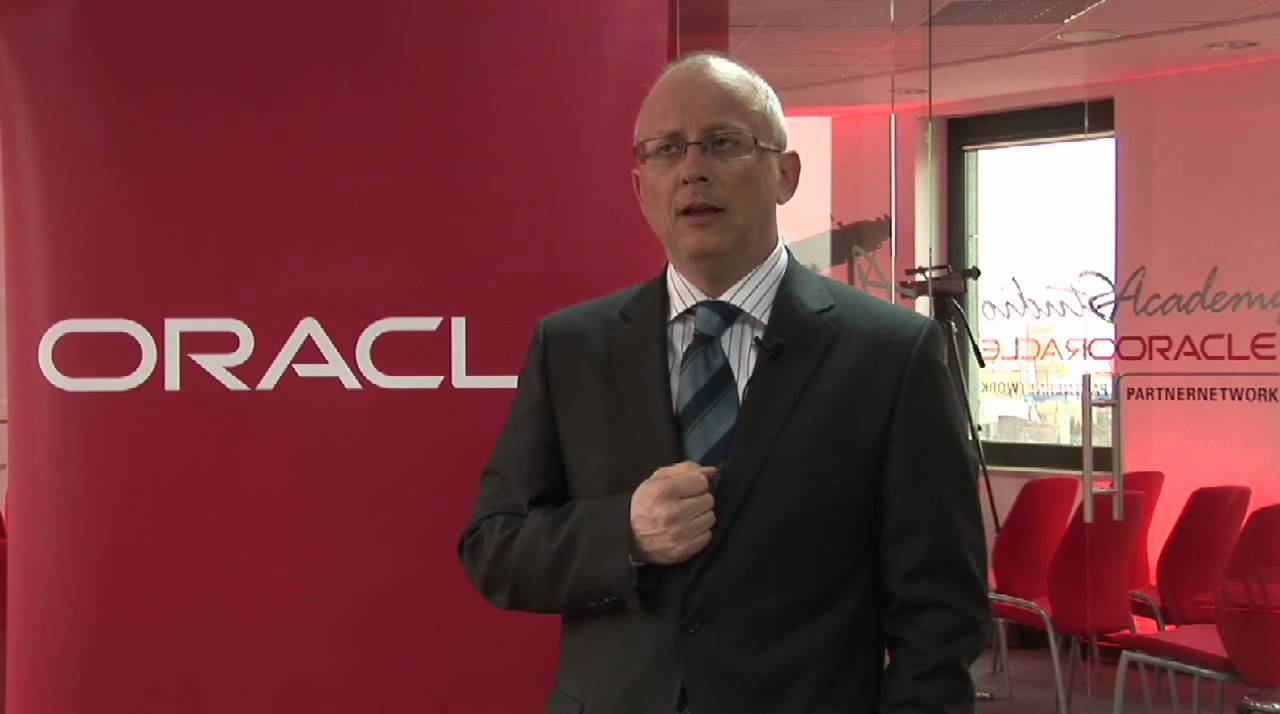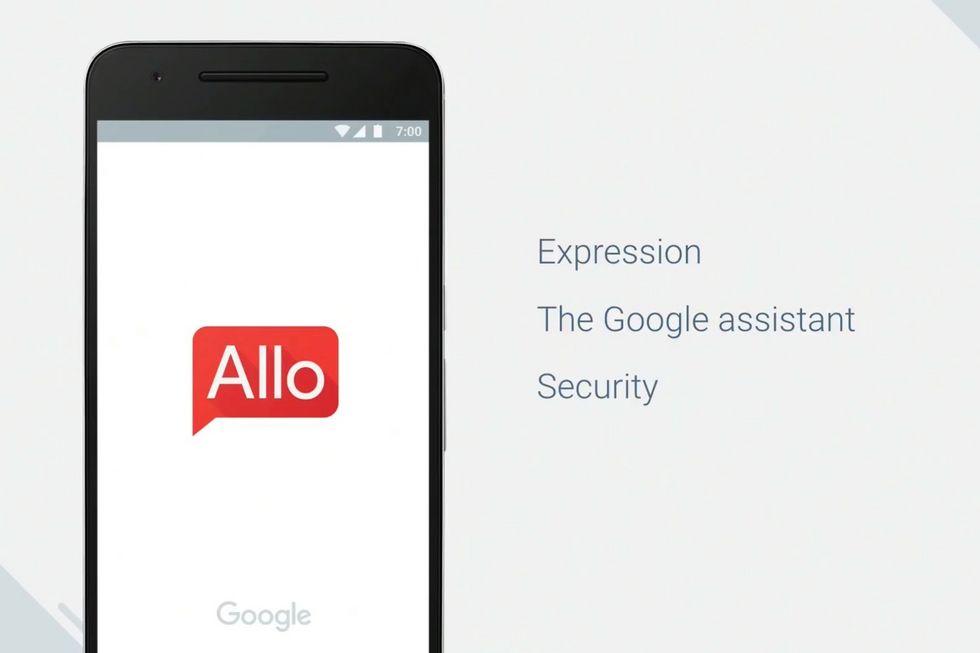The International Centre for Investigative Reporting (ICIR), a non-profit newsroom committed to promoting good governance and accountability, has launched Nigeria’s first native artificial intelligence (AI) to assist journalists and researchers in carrying out their tasks.
Speaking in Abuja on Wednesday at the unveiling of the tool, Dayo Aiyetan, executive director of the ICIR, said the native AI is designed for transcribing audio-visual content and translating it into three major Nigerian languages: Hausa, Igbo and Yoruba.
He urged journalists and media organisations to key into using the native AI, noting that technology has revolutionised how things are done.
“At the ICIR, as journalists, we also face difficulties with transcription and then translation. “For our FactCheckHup, the verification platform, for instance, we have to start paying people to do translation for us,” he said.
Advertisement
“So, when Google talked about a technology solution in the media, we immediately thought of, you know, simplifying the work of journalists, researchers and students so that you can take a one-hour video file and transcribe it in just a few minutes, and you can also do the same with this file and translate it into three Nigerian languages.
“Today is for us to familiarise you with the media; we are doing this in Abuja; we are doing it in Lagos.
“We want the media to take over this, and we are hoping that everybody in the room would have your buy-in, but not just your buying, but the buying of your different media organisations so that you can go back to your newsrooms and talk about the native AI.
Advertisement
“We expect that you go back to your newsrooms and introduce and expand its use.”
Aiyetan said the native AI is already helping “not just the journalists at the ICIR, but journalists in other places.”
According to Eunice Enoch, programme officer at the ICIR, the native AI, which can be accessed for free at www.nativeai.icirnigeria.org.ng, is designed to transcribe audio files, recognising the peculiar accents of native speakers, in any of the three major Nigerian languages.
She said the tool has features that allow live transcribing or uploading of files for transcription as well as translating into any of the three languages.
Advertisement
“Native AI – from the name ‘native, native means something that is indigenous, something that is your own, something that is close to you. So native AI for newsrooms is an AI-driven tool that was developed by the ICIR, and this tool transcribes English audiovisual,” Enoch said.
“Note the word ‘English’ so that you don’t want to upload the Igbo or Itshekiri language, and then it doesn’t work, and you fall behind, and you are saying it doesn’t work.
“So, it only transcribes English audiovisuals into text, and then it translates this text into the three major Nigerian languages, that is, Hausa, Igbo and Yoruba, in a few minutes.”
She noted that the idea behind the native AI is to enable journalists and other users to work faster and smarter while bypassing the old method of transcribing and translating that takes hours to deliver.
Advertisement
‘CREATES ACCESS TO MEDIA CONTENT’
Enoch added that the native AI will make media content accessible far and wide across different multilingual settings.
Advertisement
She also said people with hearing impairment were also factored into the design of the native AI, thereby ensuring inclusion.
“If you notice, we have representatives from the hearing impairment community among us. We have made this too for them as well,” she said.
Advertisement
“We had them in mind as well so that they also would be able to access our media content.
“They upload audio files and they have it transcribed, and you know they have it translated if you so wish.
Advertisement
“As I said, we wanted to streamline journalistic systems and processes, we wanted more inclusion of media content through diversity in different languages, and we also wanted accessibility of media content for the hearing-impaired community.”







